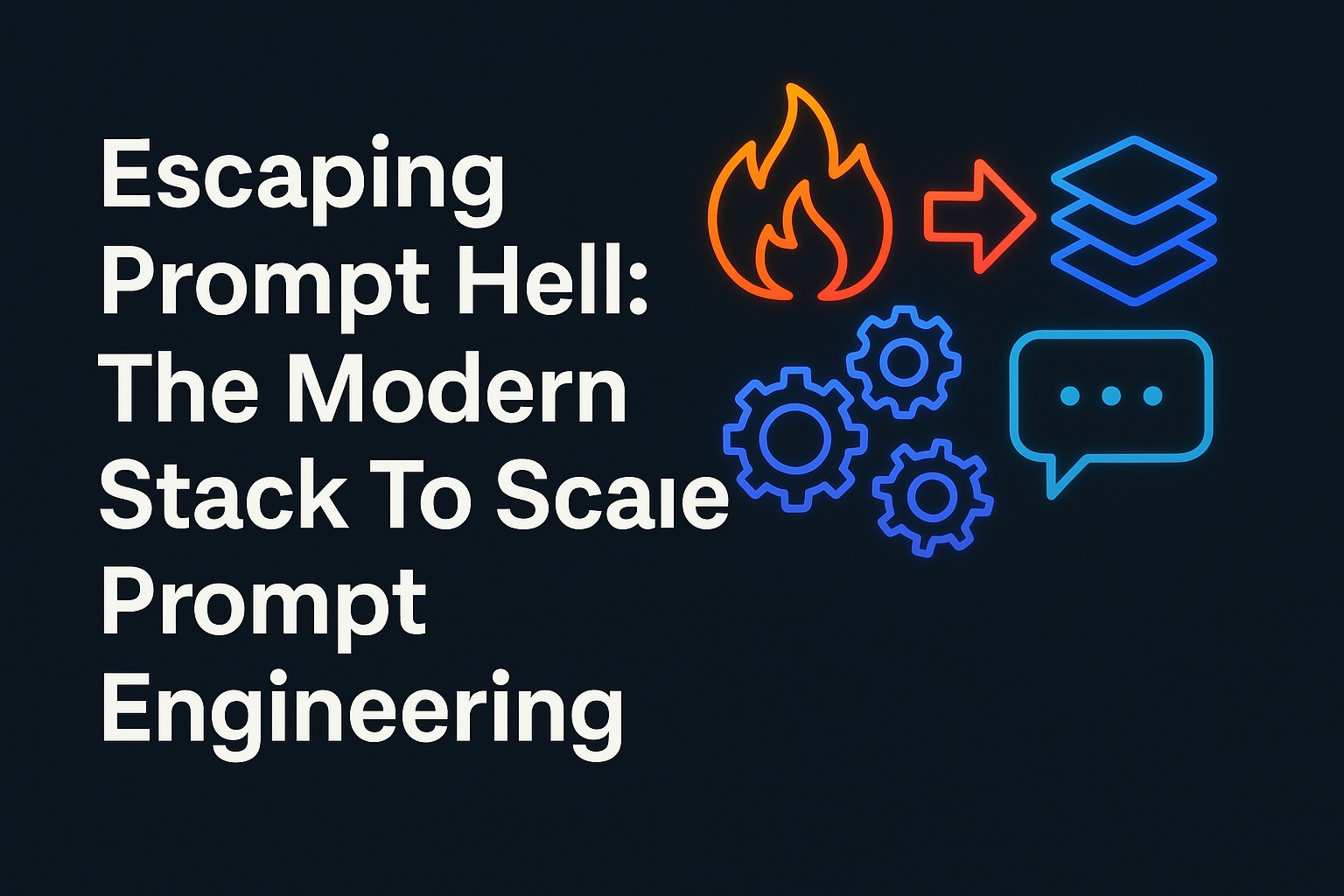Hackernoon
1M
155

Image Credit: Hackernoon
Escape Prompt Hell With These 8 Must-have Open-source Tools
- Prompt engineering has evolved from creativity to a more systematic approach resembling software development, requiring tools to optimize prompts systematically.
- AdalFlow is a PyTorch-inspired framework that declaratively builds and optimizes LLM workflows, focusing on latency, performance, and cost optimizations.
- Ape, by Weavel, helps test, debug, and improve LLM applications by providing structured feedback on agent behavior, removing the need for manual prompt tuning.
- AutoRAG assists in evaluating and optimizing RAG pipelines automatically using plug-and-play modules and pipeline search functionalities.
- DSPy, from Stanford NLP, treats LLM components as programmable modules, facilitating structured prompt engineering workflow with auto-tuning and reproducible pipelines.
- Zenbase Core focuses on turning research ideas into production tools, emphasizing automatic prompt optimization and reliability for software engineering workflows.
- AutoPrompt automates improving prompt performance based on real data, making prompt writing a measurable and scalable process.
- EvoPrompt, backed by Microsoft, uses evolutionary algorithms to optimize prompts, reframing prompt crafting as a population-based search problem.
- Promptimizer is an experimental Python library for optimizing prompts using feedback loops, ensuring systematic prompt quality improvement.
- These tools transform prompt engineering into a disciplined practice with benefits like cost control, speed, accuracy improvements, and enhanced governance.
- The future of LLM applications lies in scalable infrastructure, moving from intuition-based methods to reliable engineering practices for better prompts and systems.
Read Full Article
9 Likes
For uninterrupted reading, download the app